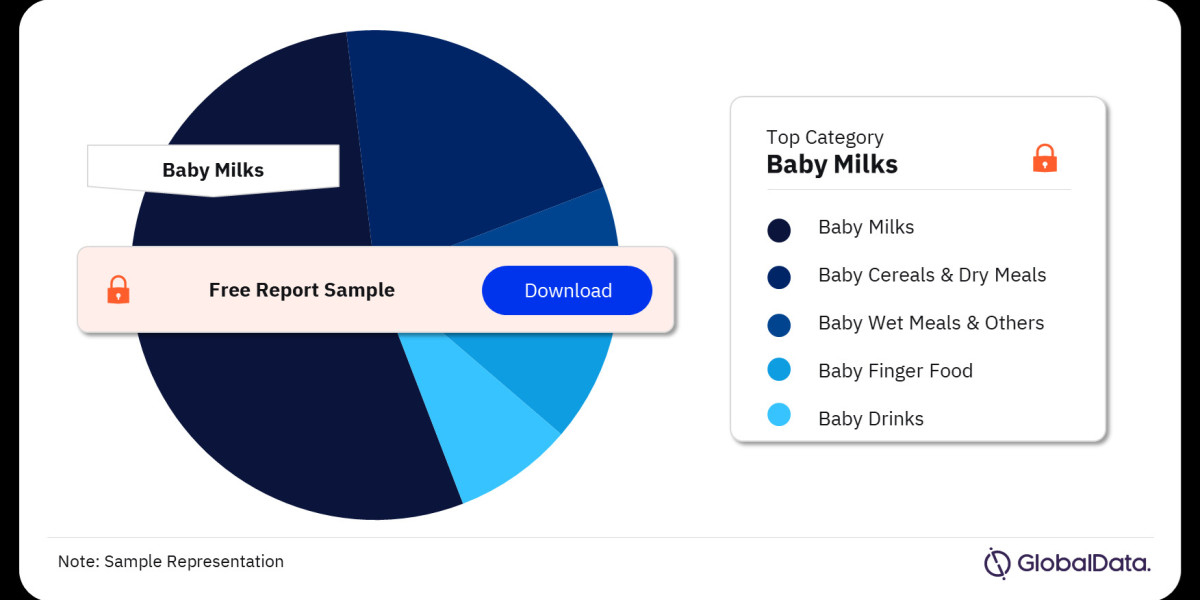Vietnam's baby food market presents ample opportunities for growth as consumer preferences evolve. With the right mix of innovation, adherence to safety standards, and strategic marketing, companies can establish a strong foothold in this dynamic market.

Buy the Full Report for More Insights on the Vietnam Baby Food Market Forecast
Key Trends Shaping the Market
- Growing Urban Population: Vietnam’s urban areas are expanding, resulting in changing consumer habits. Parents in cities are more inclined to purchase ready-made baby food due to time constraints and a desire for convenience.
- Premiumization: The market has seen a shift toward premium baby food products as consumers become more willing to pay for higher-quality and organic ingredients.
- E-commerce Growth: The proliferation of online shopping platforms has made it easier for parents to access a variety of baby food brands, boosting market penetration and visibility.
Market Drivers
- Increased Awareness: Parents are now more educated about infant nutrition and the benefits of specialized baby food, prompting them to invest in products that support their child’s growth and development.
- Rising Incomes: Economic growth in Vietnam has translated into higher disposable income, enabling families to spend more on specialized products like baby food.
- Healthcare Advancements: Improved healthcare has underscored the importance of early-life nutrition, reinforcing the demand for nutrient-rich baby food products.
Challenges
- Competition and Pricing: The presence of both local and international brands leads to high competition, which can squeeze profit margins and limit market entry for new players.
- Regulatory Hurdles: Strict regulations regarding food safety and imports pose challenges for manufacturers looking to expand their product offerings in Vietnam.
- Supply Chain Issues: Like many markets, Vietnam faces challenges related to logistics and supply chain disruptions, which can impact product availability and pricing.
Forecast and Future Outlook
The Vietnam baby food market is expected to continue its growth trajectory over the next five years, supported by government initiatives focused on child health and nutrition. The entry of new brands and innovations, such as plant-based or allergen-free baby foods, will likely reshape the competitive landscape. Additionally, the trend toward eco-friendly packaging is expected to gain momentum, aligning with global sustainability goals.








